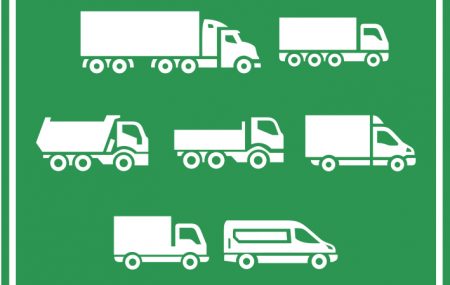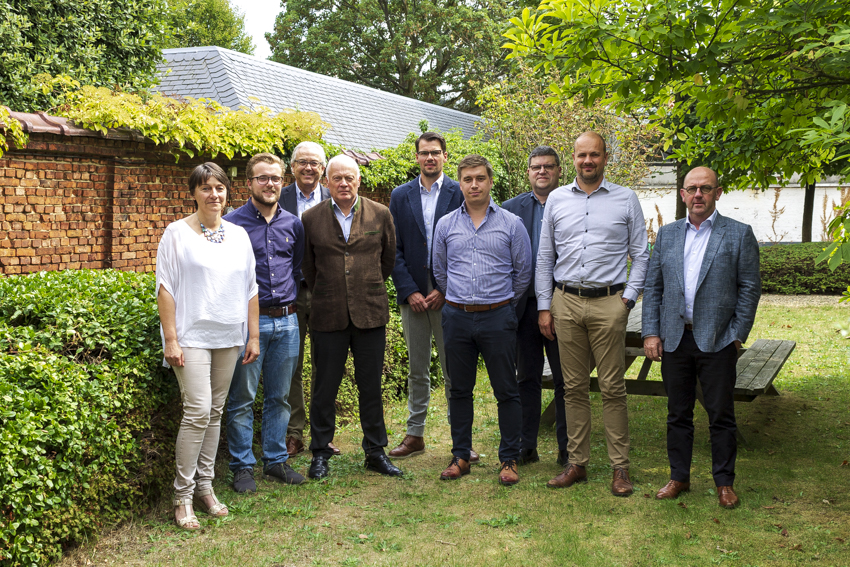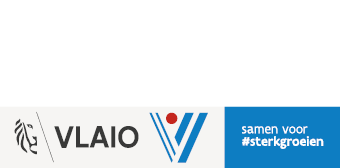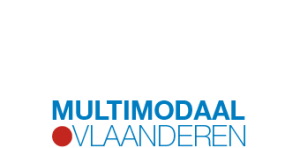This project started from a specific logistic problem: the standstill of vehicles. To meet their customer demands, transport companies and shippers with their own fleet adjust their capacity of vehicles based on peak periods. Every day, week and season had its own peak periods. These peak periods can be different for each company. During off peak periods vehicles stand still.
The sharing economy mostly uses B2C and peer-to-peer platforms. The latter connects consumers directly through a supporting IT platform or an app, which doesn’t own the shared products or services. Initiatives in terms of B2B are rising, but still not on the same scale as in the consumer market, and certainly not in the logistics sector.
Opportunities
With this project VIL wants to examine if it is possible to share vehicles and thereby reduce costs or generate extra turnover by renting out free capacity of vehicles or carrying out extra orders. A broader utilization of materials and shared costs can make shorter depreciation periods possible, and therefore make way for the newest, most sustainable materials (EURO standards).
















